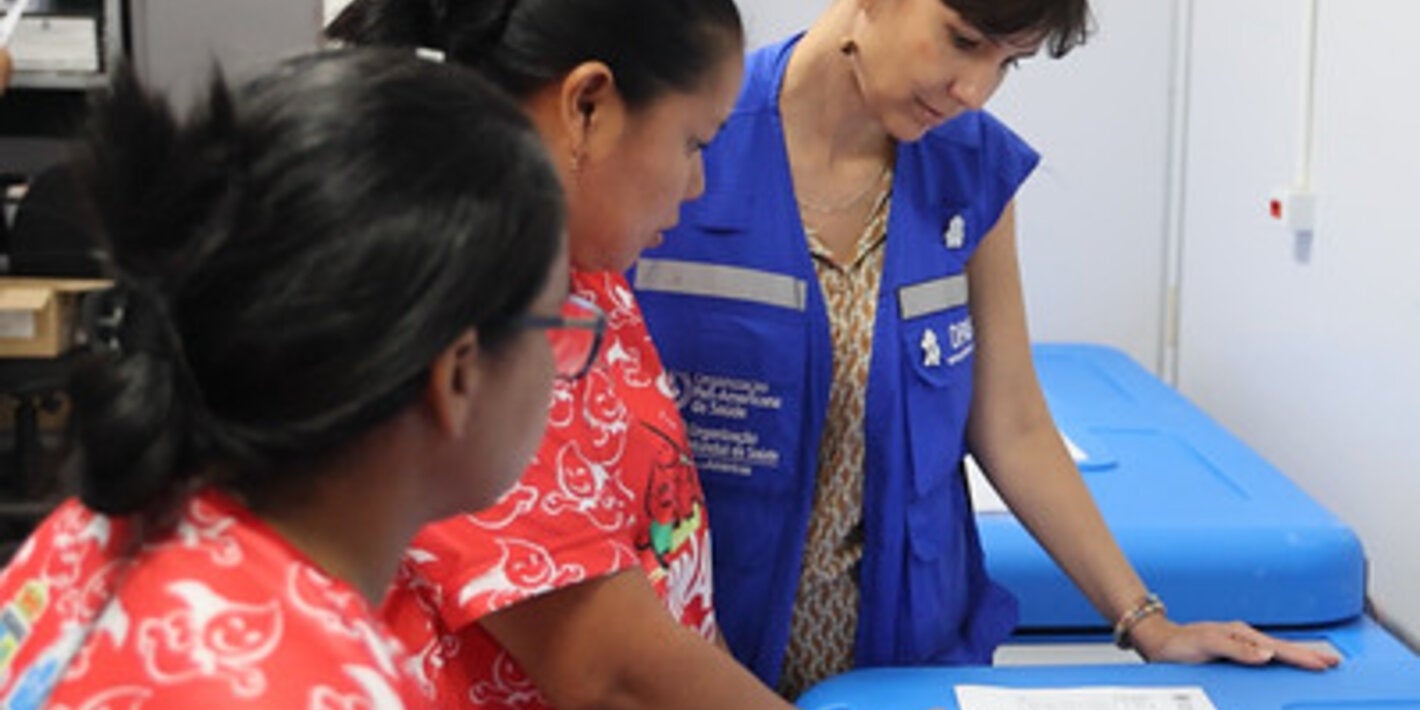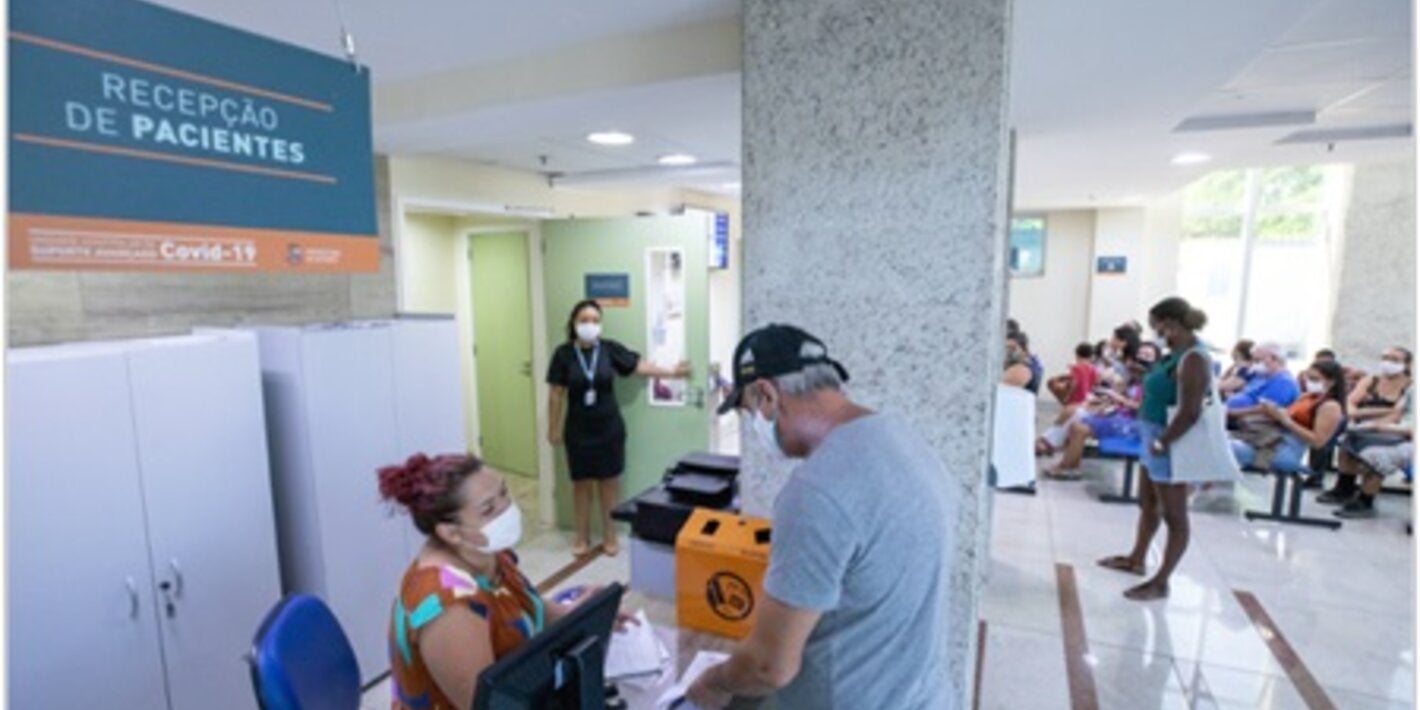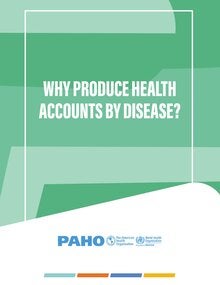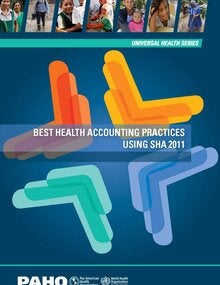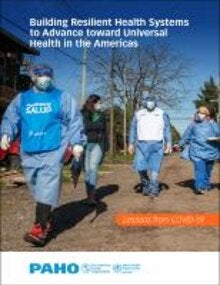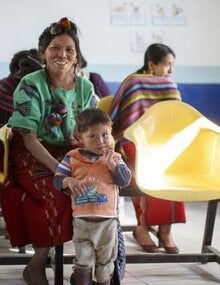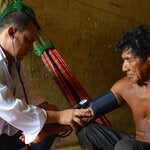Health accounts are a tool for measuring health resources and how they are used. The methodological standard for HA is the System of Health Accounts (SHA) 2011, which establishes the boundaries for measuring health spending and standard definitions, rules, and classifications for health spending. The SHA classifications allow the measurement of resources from different perspectives: financing arrangements, sources of revenue, health goods and services consumed, and where services are provided.
The HA results are an input for monitoring health systems' performance and making cross-country comparisons. Decision-makers can use the results to formulate and monitor health systems financing policies.
Globally, information produced by 194 countries and territories is published annually in the Global Health Expenditure Database (GHED), a global public good that has contained data since 2000.





